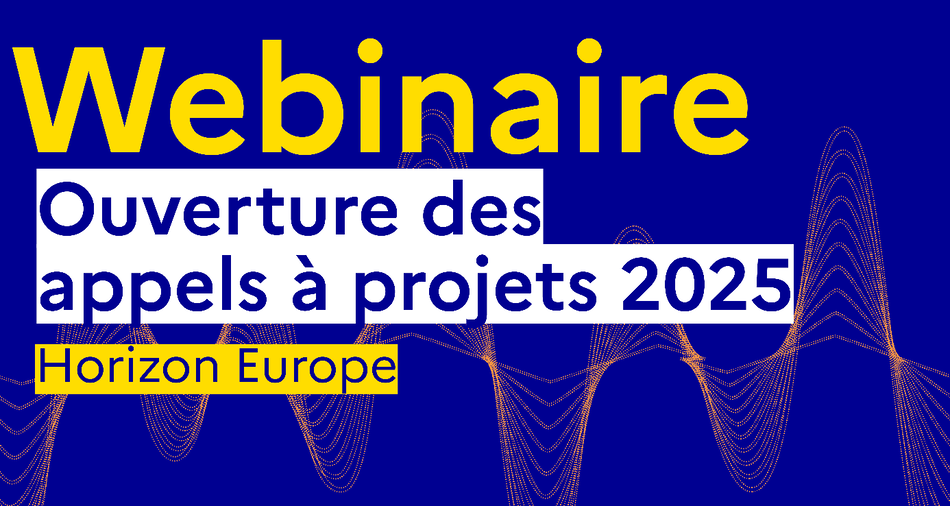ExpectedOutcome:
Projects are expected to contribute to most of the following outcomes:
- New business models for market parties based on energy services and revenue streams for consumers (across energy sectors and beyond, based on valorisation of the flexibility in their energy consumption).
- Enable market parties to provide flexibility services to network operators and the wholesale market based on competitive markets that are easily accessible and at low transaction costs.
- Increased application of digital technologies to support consumers and market parties to market their flexibility.
- Increased consumer engagement and acceptance.
- Increased availability of flexibility sources for TSOs and DSOs and enable them to develop markets for flexibility and interact with many distributed resources at the same time (via intermediaries such as energy suppliers or aggregators) based on seamless data exchange and interoperability.
- Facilitate scaling up the platforms and markets to spread its use by making it as easy as possible for suppliers, aggregators or consumers directly to offer grid services based on other or new small-scale and large-scale assets/devices on these markets, if necessary through as easy and automated pre-qualification processes as possible.
- Better understanding of market models and regulatory measures that can promote new business models.
- Contribution to better informed investment decisions by network operators and tariff setting models by NRAs, as flexibility markets and new business models can postpone or avoid new investments making better use of existing assets.
Scope:
The projects will test and develop further already demonstrated solutions for data-driven energy services for consumers, in cooperation with various actors in the energy system (such as prosumers, aggregators, TSOs, DSOs, owners of assets that can provide flexibility like batteries, heating/cooling systems, charging point operators, gas systems):
- Replicate them in as many different geographies as possible having different system needs, consumer needs, economic conditions or different climates. They will be adapted to the local energy requirements and they will aim at increasing consumer acceptance and participation. Focus is expected to be in the facilitation of different services.
- Integrate energy services with other services for citizens and/or consumers (e.g. health, safety, mobility):
- focus on business models that combine energy services with other services, such as health, security, home automation or mobility services taking into account experiences and practice from social science and humanities;
- focus on business models for households that combine energy services focused on flexibility with investments in assets at consumer level that contribute to long-term changes in electricity production or consumption, such as RES generation, energy storage, deep renovations, new, more efficient and intelligent appliances that form a major part of household energy consumption (e.g. heating).
The development and testing of business models will contribute to a better understanding of the ways to promote such models and to address their impact in the design, modelling and planning of energy markets at all-time horizons and at all geographical scales, from the pan-European cross-border wholesale electricity and gas markets, products, services and businesses, down to local level. In the latter, without precluding other options, we are considering neighbourhood, aggregated, retail, centralized local flexibility markets or peer-to-peer market of energy products and services (flexibility, ancillary services, electricity, gas and heating/cooling).
The solutions are expected to be aligned with already existing markets. The projects will therefore be asked to cooperate to jointly provide detailed analyses and studies that address possible regulatory measures related to the implementation of the Clean Energy for All Europeans Package.
Specific demonstrators will make use of operational end-to-end architectures, digital platforms and other data exchange infrastructure being developed under ongoing Horizon 2020, Horizon Europe as well as under other EU programs such as the Digital Europe Program.
The selected projects are expected to contribute to relevant BRIDGE[1] activities.
Specific Topic Conditions:
Activities are expected to achieve TRL 7-8 by the end of the project – see General Annex B.
Cross-cutting Priorities:
Digital AgendaArtificial IntelligenceSocietal Engagement
[1]https://www.h2020-bridge.eu/





